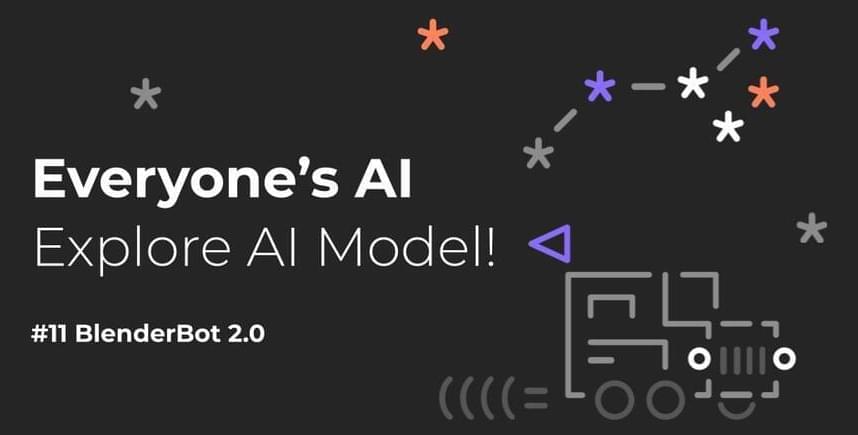We talk to Anil Mankar, Co-founder and Chief Development Officer at BrainChip, about artificial intelligence and neural-networking ICs.



Researchers recently found that a few years back, they “slept” through a hurricane. On analyzing weather satellite data from 2,014 scientists discovered evidence of a hurricane from space that pushed plasma toward Earth’s upper atmosphere. Though these events are invisible to the eye, the evidence reveals that they’re not uncommon. Understanding more about them could help to protect satellite and communications systems from disturbance and preserve radar and GPS output for life below on the planet’s surface.
Satellites in orbit around the planet gather immense amounts of data on environmental and climate activity. A recent publication in Nature Communications explains how the first hurricane from space was discovered through analysis of data gathered back in August 2014.
The research team looked at recently released files containing measurements taken by four satellites in the Defense Meteorological Satellite Program. From their analysis, the scientists created a 3D image that showed the hurricane from space forming features similar to what we’re familiar with in Earth’s lower atmosphere. A press release in Science Daily describes it as a gigantic spiral of plasma, with its arms swirling counterclockwise above the North Pole.
Four private astronauts are currently circling the globe in a SpaceX Crew Dragon spacecraft, and you can see the capsule from Earth — if you’re in the right place at the right time.
The Crew Dragon launched into space on Wednesday (Sept. 15), carrying the Inspiration4 mission on a three-day orbital trip. It is currently traveling around Earth in a nearly circular orbit up to 367 miles (590 kilometers) above our planet, according to SpaceX, and completes an orbit about every hour and a half.
Aggregate of labor displacement from AI-spoiler-literally EVERYTHING.
OECD experts have calculated the probability a job will be automated, on the basis of how feasible it is for technology to perform the tasks that comprise that job.
Jobs are grouped into occupation categories according to the ISCO-08 standard. The mean probability of automation of each occupational category is displayed, along with an example of a typical job in that category.
This is very broad: the automatability of jobs within each occupation category can vary widely. Also, the tasks that make up each job can vary from country to country, but the mean probabilities displayed are from across OECD countries.
Nedelkoska, L. and G. Quintini (2018), “Automation, skills use and training”, OECD Social, Employment and Migration Working Papers, No. 202 OECD Publishing, Paris.

[Editorial Note] This article has been planned and published as part of a series of articles related to open-source AI models and insight sharing by Sung Chang-yeop, who is a Developer Relations Engineer at Common Computer. This is the 11th article so far and its mainly about BlenderBot 2.0, a chatbot released by Facebook AI.

Get ready.
Tesla CEO Elon Musk said the company will use personal driving data to determine whether owners who have paid for its controversial “Full Self-Driving” software can access the latest beta version that promises more automated driving functions.
Musk tweeted late Thursday night that the FSD Beta v10.0.1 software update, which has already been pushed out to a group of select owners, will become more widely available starting September 24.
Owners who have paid for FSD, which currently costs $10,000, will be offered access to the beta software through a “beta request button.” Drivers who select the beta software will be asked for permission to access their driving behavior using Tesla’s insurance calculator, Musk wrote in a tweet.

We haven’t seen many bikes that combine as many disruptive tech ideas as the WMC250EV electric land speed record challenger that was revealed in June, and now that machine has shown it’s for real. The bike has flown through its first testing stage to prove it’s on target for the goal of hitting more than 250 mph during a record attempt next year.
White Motorcycle Concepts’ radical 250EV land speed racer is hitting its testing goals with flying colors, and is on track to attempt a world record in 2022.
HELSINKI — Three Chinese astronauts safely returned to Earth Sept. 17 after completing the first crewed mission aboard the Tianhe space station module.
Commander Nie Haisheng, Liu Boming and Tang Hongbo touched down inside the designated landing zone near Dongfeng in the Gobi Desert, Inner Mongolia, at around 1:34 a.m. Eastern Friday.
The main, 1,200-square-meter parachute opened around 10 kilometers above the ground, with the heat shield jettisoned at around 5.5 kilometers up. The landing occurred within the time and area indicated by airspace closure notices issued earlier in the week. Ground search and rescue teams swiftly located and secured the capsule after touchdown.
The Singularity is now in private beta. But you still have to care about syntax errors.
Improved autonomy
One of the main features of Spot is Autowalk, a system that enables the robot to record and repeat paths. An operator takes the robot through the path using the remote controller interface. The robot memorizes the path and can repeat when commanded to do so. Autowalk can be used for inspection missions in industrial facilities, mines, factories, and construction sites.
The new update improves Autowalk, reducing the need for human guidance and intervention. Robot operators can now edit Autowalk missions and add actions such as capturing images, reading indicators, or run third-party code. Spot also has been given better planning capabilities and can find the best path to perform target actions. Its pathfinding capacity has also been improved to adapt to changes in its inspection paths such as new obstacles. And it can be scheduled to carry out scheduled inspections without human supervision during off-hours.